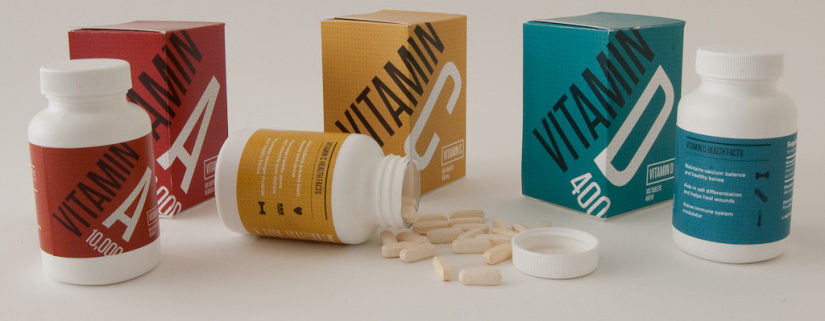The best vitamins and minerals for your teeth
At this point, we should all know the basics for taking proper care of our teeth from an oral hygiene standpoint. (If you don’t, click here.) Brushing and flossing properly aside, there are dietary factors to taking care of our teeth as well. In addition to avoiding refined carbohydrates, excess sugar, and eating plenty of fruits and vegetables, there are some essential vitamins and minerals that your teeth need in order to stay healthy.
Calcium
Of course we need calcium! It’s one of the primary components of our bones and our teeth. The good news is, it’s in a lot of stuff, such as milk, cheese, yogurt, beans, and oysters, to name a few. Low calcium levels could lead to tooth decay and gum disease, so make sure you get enough!
Vitamin A
This vitamin helps inflamed gums to heal, as it maintains mucous membranes and soft tissues in the body. You are also more susceptible to infections when low on vitamin A. Good sources of it include: beef, liver, milk, cheese, and eggs.
Vitamin B2, B3, and B12
Vitamin B also contributes to the health of the mucous membranes, and a deficiency could result in mouth sores and bad breath. When it comes to vitamin B3 and B12, you can kill two birds with one stone, as they’re both found in chicken and fish. B12 is also found in red meat, pork, and dairy products. B2 can be found in spinach, almonds, pasta, and bagels.
Vitamin C
Vitamin C is very important when it comes to dental health, as too little can cause bleeding gums and loose teeth. Ever heard of scurvy? It was caused by a lack of vitamin C. If you need to up your intake, citrus fruits are rich in the vitamin, but use caution. They are acidic, which can erode the enamel of your teeth. You can also eat sweet potatoes, red bell peppers, strawberries, and broccoli.
Vitamin D
This vitamin is especially important. It helps the body absorb calcium. It also helps prevent gum inflation. A vitamin D deficiency may result in burning mouth syndrome – which gives the mouth a burning sensation, a dry mouth, or a bitter/metallic taste. The best way to get vitamin D? Go outside. We get it from the sun! You can also eat milk, eggs, and fish.
Taking good care of your teeth doesn’t end at the toothbrush. You have to eat right too. You can also take vitamin supplements, but make sure you read the directions carefully. Some need to be taken with food, others require you to avoid certain foods. If you are concerned that a vitamin or mineral deficiency is affecting your teeth, contact Dr. Chauvin’s office and we can take a look!



